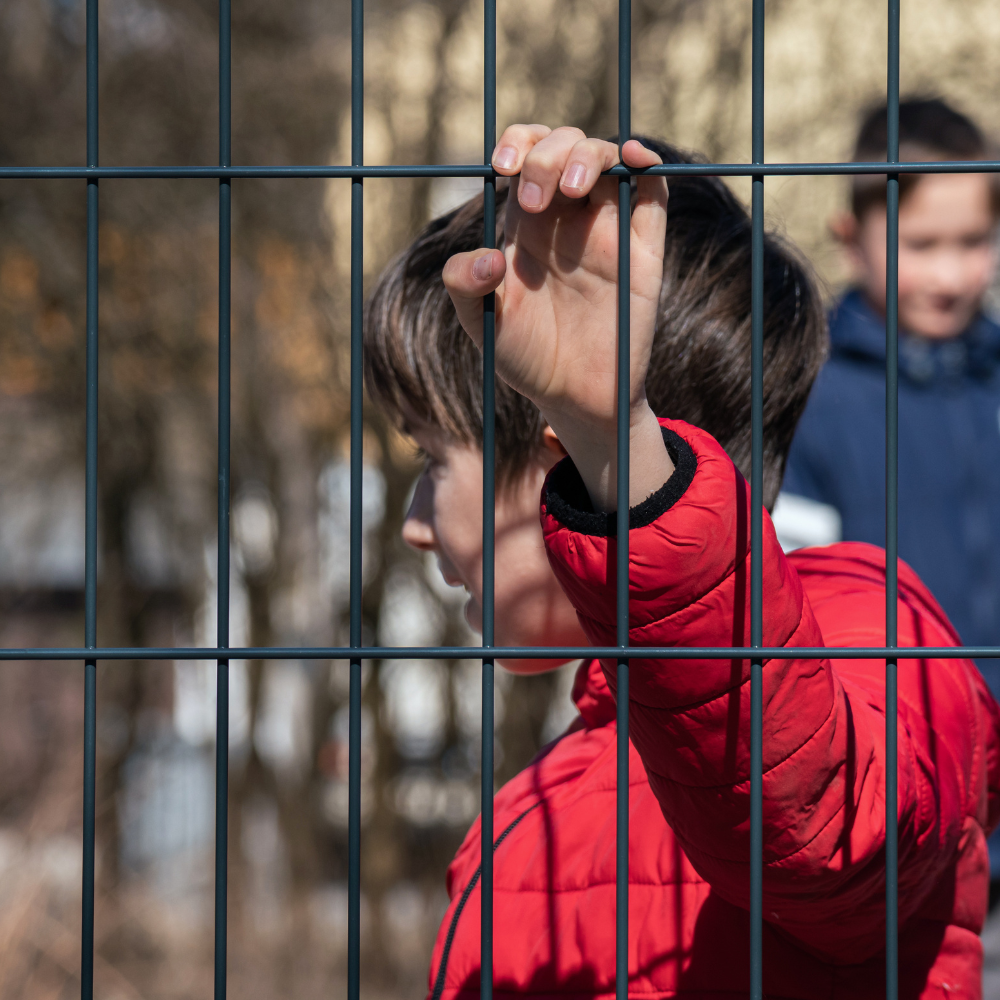Australian territory resumes jailing 10-Year-Olds amid youth crime crackdown
In Australia’s Northern Territory (NT), children as young as 10 can soon be jailed again after the government reversed its recent move to raise the age of criminal responsibility. The NT government, led by the newly elected Country Liberal Party (CLP), lowered the age back to 10 in an effort to tackle rising youth crime, despite pressure from human rights organizations, doctors, and Indigenous groups to keep the threshold higher.
Last year, the NT became the first Australian jurisdiction to raise the age of criminal responsibility from 10 to 12, in line with international standards and United Nations recommendations. However, the new CLP government, which took office after a landslide election win in August, argues that lowering the age is essential to curb youth crime and protect communities.
Chief Minister Lia Finocchiaro defended the decision, stating that it would allow courts to better address the root causes of criminal behavior through rehabilitation programs for young offenders. “We have an obligation to the child who has been let down over time,” Finocchiaro said in parliament. He also mentioned that they have an obligation to the people who just want to be safe and not live in fear anymore.
The change comes amid growing concerns about youth crime in the NT, particularly in the city of Alice Springs, where a surge in violent incidents has led to youth curfews. Break-ins and assaults are the most common crimes committed by young offenders in the region, according to government statistics. The NT already incarcerates children at a rate 11 times higher than any other part of Australia, with almost all of those jailed being Aboriginal children.
Finocchiaro’s government has also introduced tighter bail rules and penalties for posting and boasting about crimes on social media. However, experts and activists argue that lowering the age of criminal responsibility will only exacerbate the problems it seeks to solve.
Numerous studies, including a report by the Australian Human Rights Commission, have shown that incarcerating children increases their likelihood of reoffending and has severe long-term effects on their health, education, and future employment prospects. The report also criticized policies driven by “tough on crime” rhetoric, calling instead for investment in support services to address the underlying causes of youth offending.
Critics of the bill fear it will disproportionately impact Aboriginal children, who are already overrepresented in the criminal justice system. NT’s children’s commissioner, Shahleena Musk, highlighted that Aboriginal children are less likely to be cautioned and more likely to be charged and jailed than their non-Aboriginal peers. Musk condemned the bill as ineffective and harmful, stressing that it would only compound the issues it aims to address.
Protests erupted outside parliament as the bill was debated, with around 100 demonstrators carrying placards condemning the law. Independent MP Yingiya Guyula, a Yolŋu man, called the legislation “racist” and said it was another example of Indigenous communities being sidelined in decision-making.
Despite widespread opposition, the NT government remains committed to implementing the changes, which will take effect at an unconfirmed later date. Critics worry the move could halt momentum in other parts of Australia where governments are considering raising the minimum age of criminal responsibility. Only the Australian Capital Territory has done so thus far, while Victoria and Tasmania have plans to follow suit in the coming years.









